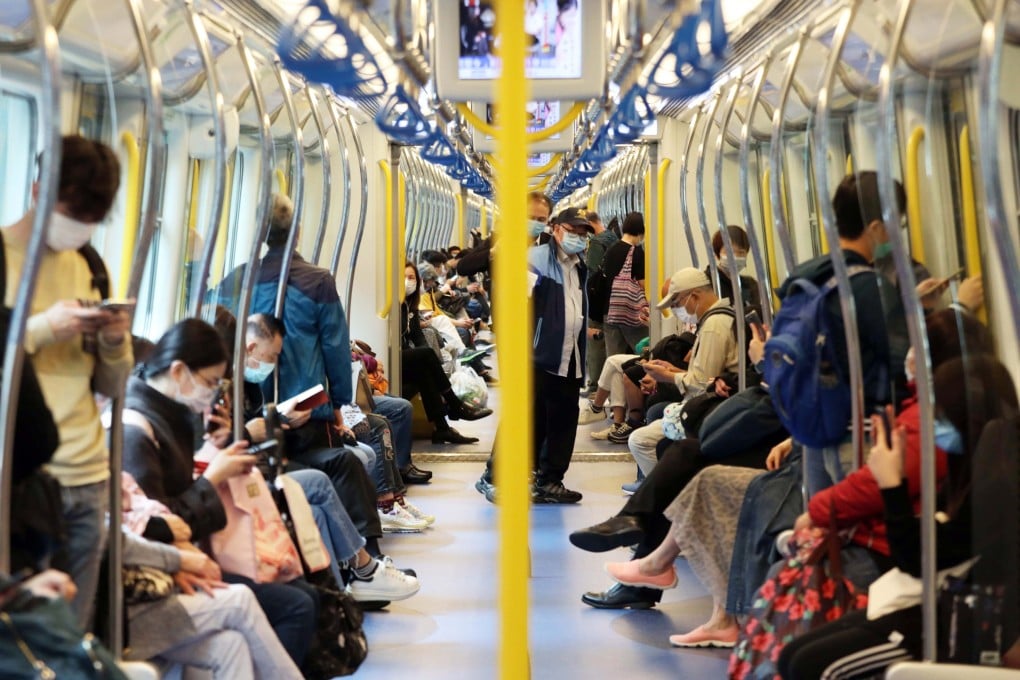Advertisement
Letters | To encourage vaccination, Hong Kong has used carrots. Now it’s time for a stick
- Readers discuss the need to get tough on the unvaccinated, the Come2HK scheme, airmail to the UK, the future of Afghanistan, and Marvel’s first Asian superhero film
Reading Time:3 minutes
Why you can trust SCMP

The “carrot and stick” is a metaphor for the use of a combination of reward and punishment to induce a desired behaviour.
The Hong Kong government has been exceptionally lenient with its people regarding vaccinations against Covid-19. Vaccination has been totally voluntary, and the government and major industries have given away probably billions to induce the people of Hong Kong to get vaccinated. This is the carrot.
As the vaccination rate is dropping off, there is a danger of this delaying any possible reopening alongside the rest of the world. It is high time that our government brought out the stick.
Advertisement
This could take many different forms, along the lines of banning those that are unvaccinated from entering shopping centres and restaurants, and from travelling on any form of public transport.
The government should stipulate a date when we are going to reopen Hong Kong, so that those that are not yet vaccinated have a very last chance to get vaccinated.
Advertisement
We should not let the unvaccinated minority override the majority.
Advertisement
Select Voice
Choose your listening speed
Get through articles 2x faster
1.25x
250 WPM
Slow
Average
Fast
1.25x